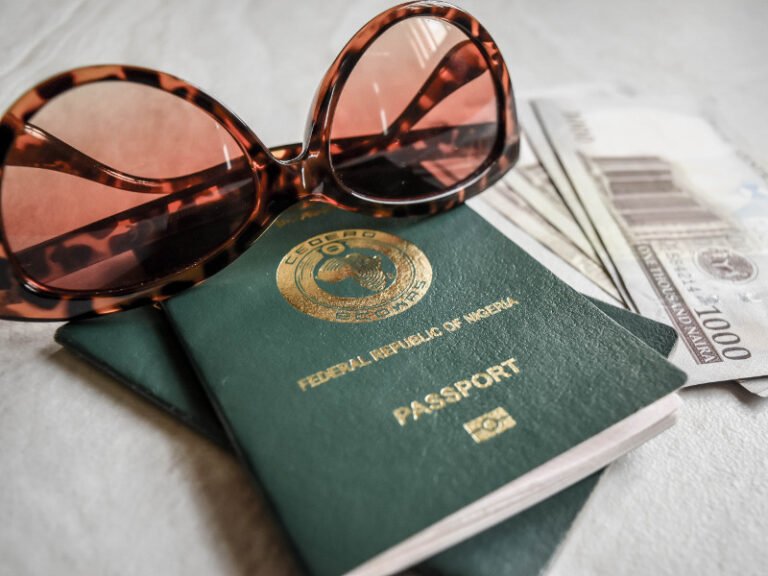The Canada Family Visa program is an excellent pathway for Canadian citizens and permanent residents to reunite with their family members. This visa class encompasses various categories, allowing applicants to sponsor their spouse, common-law partner, conjugal partner, dependent child (including adopted children), or other eligible relatives such as parents or grandparents for Canadian permanent residence. The overarching goal of this program is to facilitate familial cohesion and strengthen family ties, while also contributing to the social and economic fabric of Canada.
To apply under the Canada Family Visa program, both the sponsor and the person being sponsored must meet specific eligibility criteria. The main categories under this visa class include Spouse or Common-Law Partner Sponsorship, Child or Other Dependent Sponsorship, and Parent or Grandparent Sponsorship.
Spouse or Common-Law Partner Sponsorship
Spouse or Common-Law Partner Sponsorship is designed for Canadian citizens and permanent residents who wish to sponsor their spouse or common-law partner for permanent residence in Canada. Typically, visa applications in this category are processed within 12 months. An attractive feature of this category is the possibility of obtaining an open work permit for the sponsored spouse or partner, enabling them to work in Canada while their sponsorship application is being processed. This temporary work permit helps couples manage their financial responsibilities and facilitates a smoother transition into Canadian society.
Common-law partners can also apply for sponsorship if they have lived together in a conjugal relationship for at least one year, even if they are not legally married. This inclusive approach ensures that a wide range of relationships can benefit from the program, reflecting the diverse nature of modern family structures.
Child or Other Dependent Sponsorship
Canadian permanent residents and citizens have the option to sponsor their biological or adopted children under the Child or Other Dependent Sponsorship category. To qualify, the child or dependent must be under 22 years of age, unmarried, and without children of their own. This category aims to keep families intact and support the upbringing of children within the stable environment of Canadian society.
Parent or Grandparent Sponsorship
The Parent and Grandparent Sponsorship category provides a route for family reunification for parents and grandparents of Canadian citizens and permanent residents. To be eligible, sponsors must demonstrate their financial ability to support their family members. This often includes providing proof of income that meets the minimum necessary income (MNI) threshold. If sponsors are unable to support their parents or grandparents permanently, they may apply for a Super Visa, which is a long-term, multiple-entry visa that allows parents and grandparents to stay in Canada for extended periods.
Ineligible Relationships for Canada Family Visa
Certain relationships do not qualify for sponsorship under the Canada Family Visa program. These include:
• Individuals under 16 years of age.
• Situations where either party is married to someone else at the time of the marriage.
• Couples who have lived apart for at least one year, and where one of them is in a common-law or conjugal relationship with another person.
• Cases where the sponsor immigrated to Canada and was not assessed as part of the family unit during the eligibility assessment for their permanent residency.
• Situations where the sponsor has previously sponsored a spouse, common-law partner, or conjugal partner, and less than three years have passed since that person became a Canadian permanent resident.
If an applicant is ineligible to sponsor their spouse, common-law partner, or dependent child through the standard channels, they may still be able to apply on humanitarian and compassionate grounds.
Benefits of the Canada Family Visa Program
The benefits of the Canada Family Visa program are numerous and impactful. Sponsored family members gain Canadian permanent residency, granting them the right to live, work, and study in Canada. They also become eligible for government-funded healthcare, free education up to the age of 18, and subsidized university education. Additionally, sponsored individuals can access various social benefits, including the Canada Pension Plan, Old Age Security, and the Guaranteed Income Supplement.
One of the most significant advantages of the family sponsorship program is that sponsored relatives do not need to undergo a points-based assessment, which is a requirement in many other immigration streams. This simplifies the application process and makes it more accessible for families to reunite.
Sponsorship Agreement
A Sponsorship Agreement is a critical component of the family sponsorship process. This contract outlines the obligations of both the sponsor and the sponsored family member. The sponsor must agree to support their relative financially and ensure that they do not require social assistance from the Canadian government. This agreement is particularly important when sponsoring elderly relatives, as it underscores the sponsor’s commitment to their financial well-being.
In summary, the Canada Family Visa program offers a valuable opportunity for Canadian citizens and permanent residents to bring their loved ones to Canada. By meeting the eligibility criteria and adhering to the conditions outlined in the Sponsorship Agreement, families can reunite and build a prosperous life together in Canada. The program not only strengthens family bonds but also enriches the cultural and social landscape of the country.



+ There are no comments
Add yours